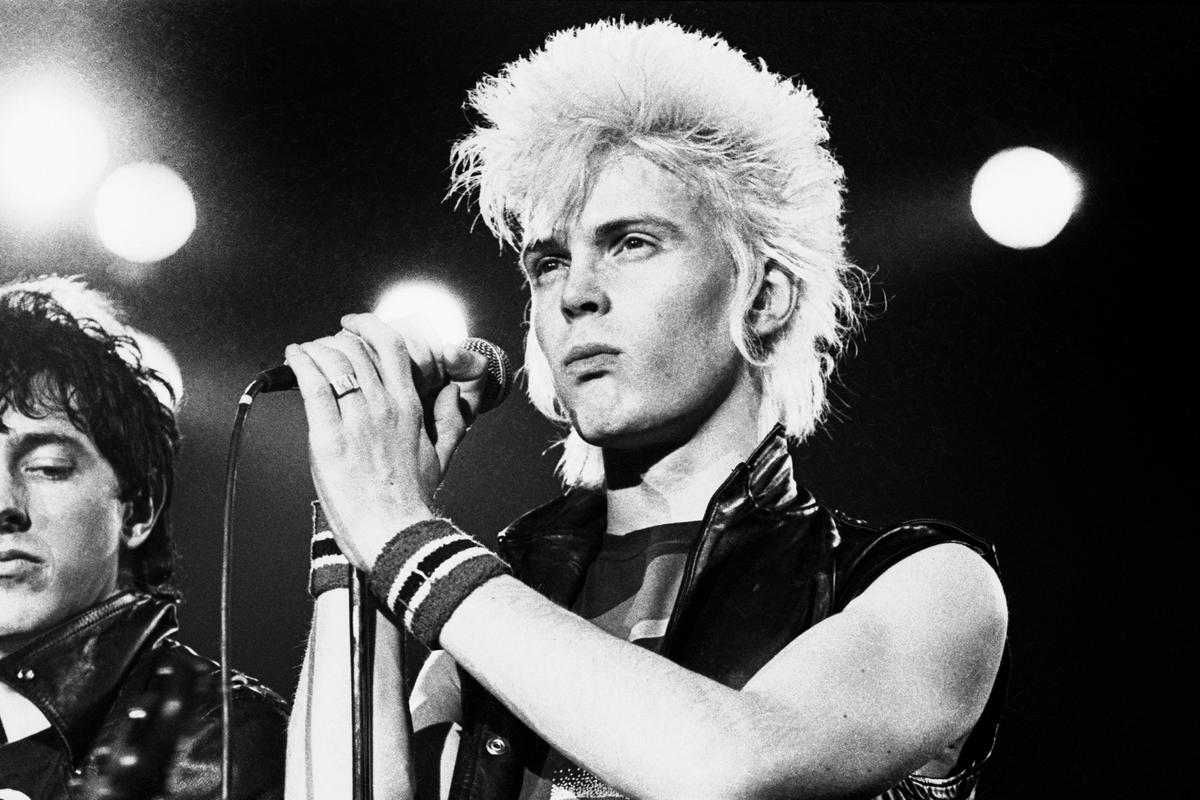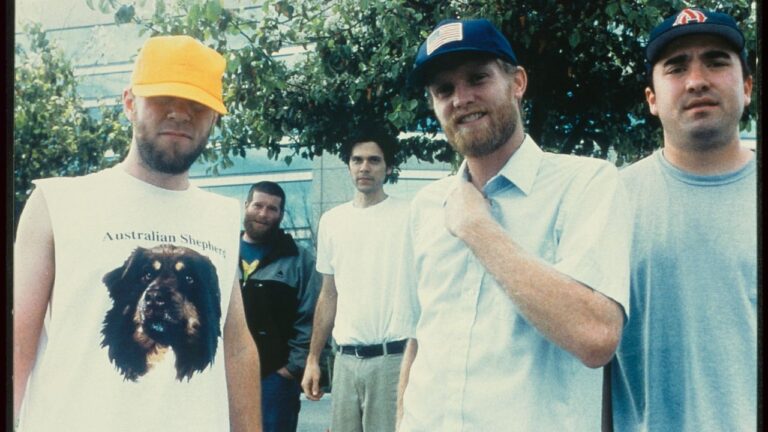Billy Idol has reflected on punk rock’s early usage of the swastika, describing it as “performance art.”
Idol has been a punk icon for the better part of 50 years, first coming to prominence with the band Generation X in the 1970s. During a recent appearance on the Turned Out a Punk podcast, the singer recalled joining an early iteration of Siouxsie and the Banshees as they opened for the Sex Pistols in Paris.
“It was kind of wild because it was some end of the Second World War thing in France [at the time],” Idol recalled. “And then Siouxsie was wearing her night porter gear, where she had the swastika on, and she was driving these left wing French people crazy because they didn’t get that it’s a performance art kind of thing. They just thought she was – because they were practically communists – they were thinking she was an anti-communist and they didn’t realize it’s part of punk performance art.”
READ MORE: Top 10 Billy Idol Songs
Idol noted that the audience was “really upset” by Sioux’s attire, forcing the musicians to sneak away after their performance.
“We sort of escaped across the stage,” Idol admitted. “Pistols had come up across the stage and we went backstage to escape from the audience. They were getting really upset.”
Punks Used Political Symbols as a ‘F— You’ to Conservatives
Sioux certainly wasn’t the only early punk rocker to use the swastika. Many acts at the time utilized the symbol as a sign of rebellion, with no intention to connect it with the evils of Naziism. Still, it was understandably inflammatory, and Idol noted that the intention of its use was lost on some audiences.
READ MORE: Rock’s Complicated History With the Confederate Flag
“They just didn’t understand the sort of London fashion performance art aspect of punk,” he explained. “We were reflecting back on the British society what they were doing to us by wearing these sort of political symbols. Like Vivienne Westwood would combine the swastika with communist symbols, Karl Marx. And that was all a bit of a fuck you to the conservative forces in England that we were sort of feeling that they were going fascist. So we were going, ‘Oh, if you’re going to go fascist, then we’re going to reflect that back to you.’”
“It was a performance art aspect of the way we dressed that people don’t get now,” Idol continued. “They don’t get that aspect of the punk rock way of dressing. [It] was a kind of a reflection back on the powers that be. ‘This is what you want us to be? You want us to be fascist? Oh, what about we’ll dress like that to frighten you?’ And it worked.”



